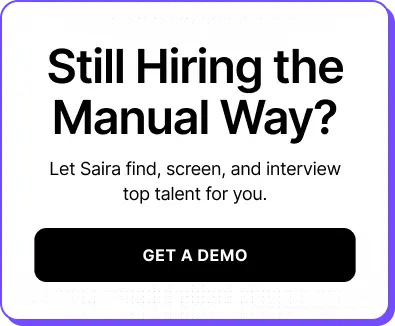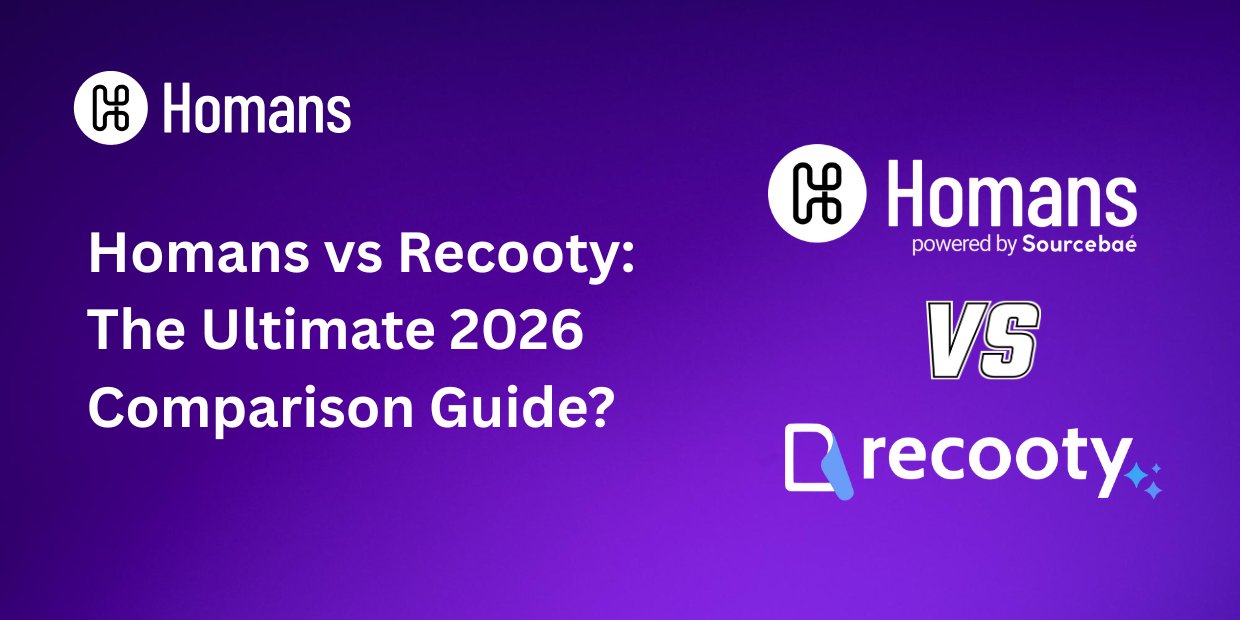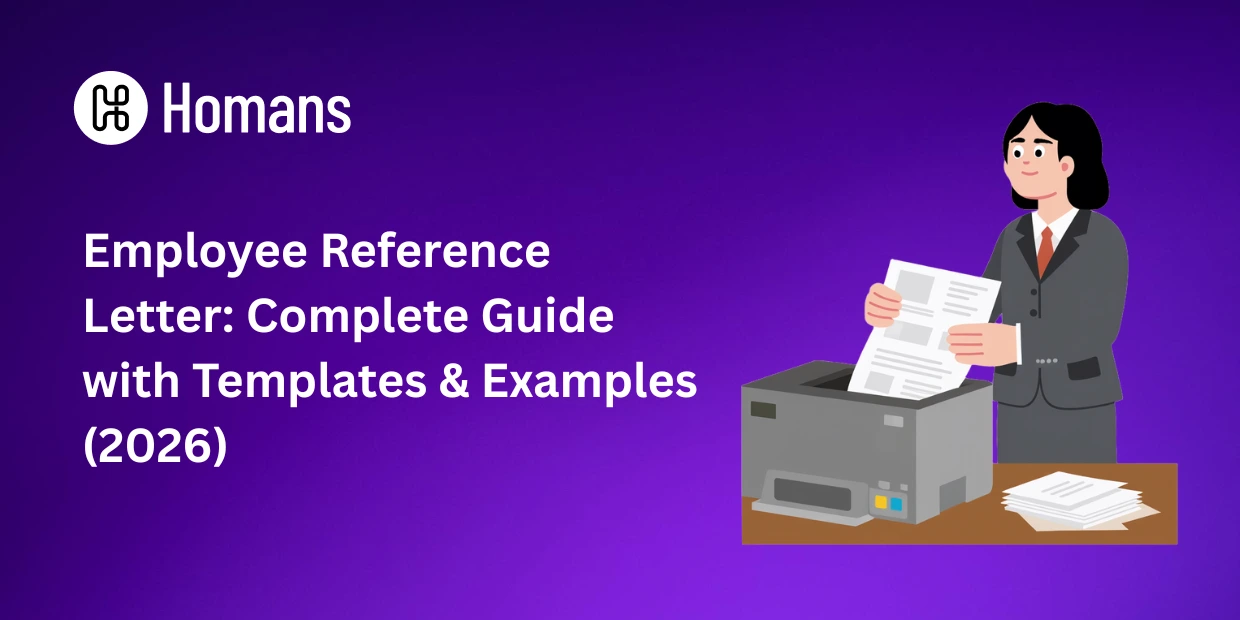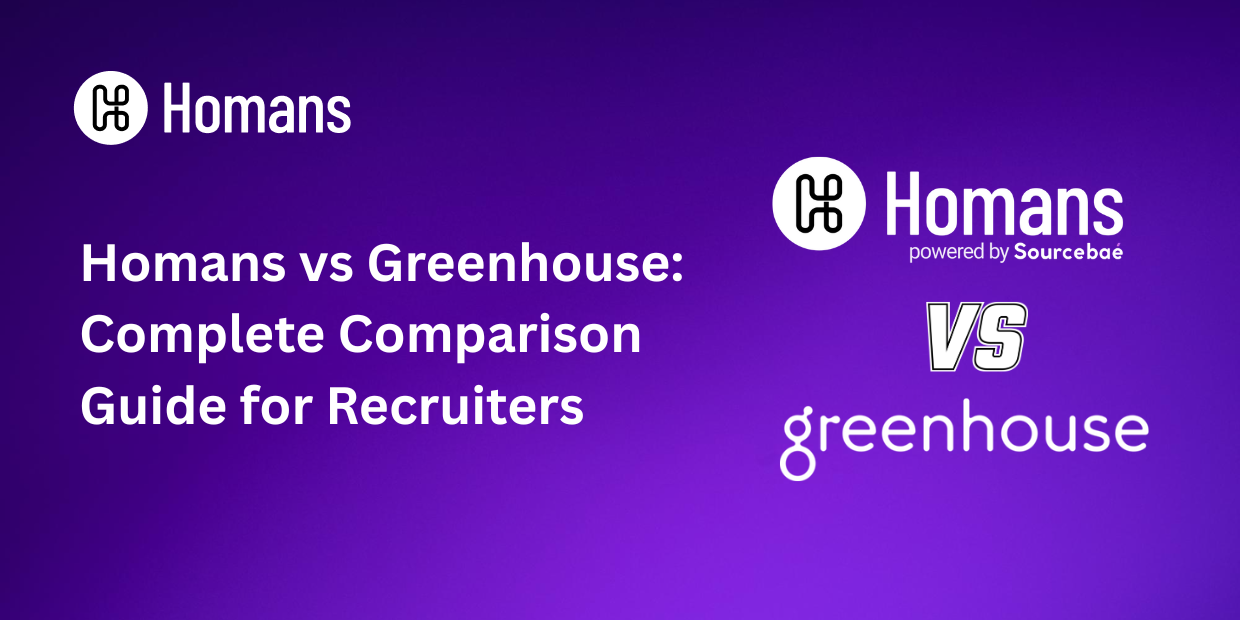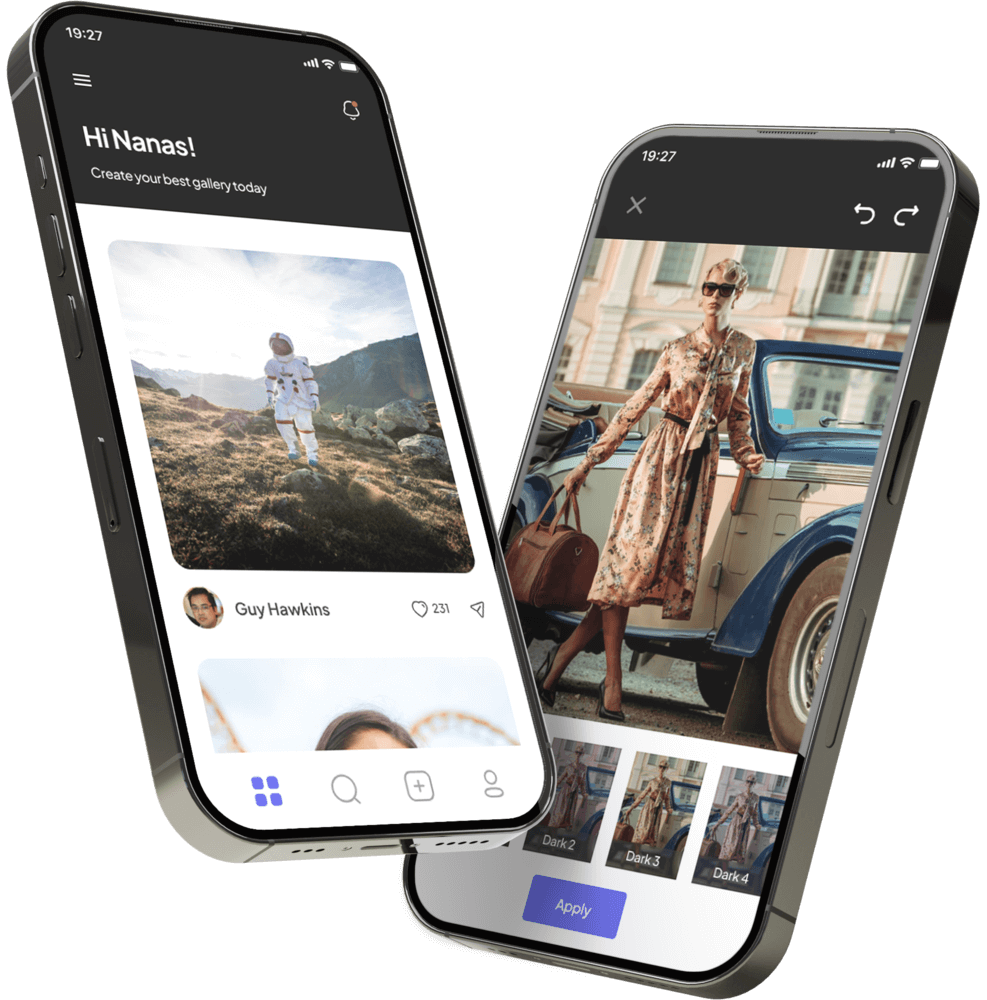The recruitment landscape is experiencing a revolutionary transformation as artificial intelligence reshapes how organizations find, assess, and hire talent. With 88% of companies now using AI in their initial candidate screening process and the global AI in recruitment market projected to reach $1.13 billion by 2033, we’re witnessing a fundamental shift from traditional hiring methods to intelligent, data-driven processes. Companies implementing AI-powered recruitment systems report 30-50% faster time-to-hire, significant cost reductions, and improved quality of hires, making AI not just a competitive advantage but an essential component of modern talent acquisition strategies.
The Current State of AI in Recruitment
Market Growth and Adoption Trends
The AI in recruitment market has experienced unprecedented growth, with market size valued at $617.56 million in 2024 and expected to reach $660.17 million by 2025. This represents a robust compound annual growth rate (CAGR) of 7.2% during the forecast period, highlighting the accelerating adoption of artificial intelligence across hiring processes.

AI in Recruitment Market Growth Projection (2024-2033) – Market expected to grow from $620M to $1.13B with 7.2% CAGR
North America leads the global adoption with 38.6% market share, driven by rapid enterprise digitalization and a thriving venture capital ecosystem supporting AI recruitment startups. Meanwhile, Asia-Pacific emerges as the fastest-growing region, propelled by increasing smart technology adoption and supportive government policies for AI implementation.
Enterprise Adoption Patterns
According to BCG’s 2024 survey of chief human resources officers, 70% of companies experimenting with AI or GenAI are doing so within HR, with talent acquisition being the top use case. The adoption rates vary significantly by company size, with enterprises with 2,500+ employees being most likely to implement skills-based hiring and AI-powered recruitment tools.
LinkedIn’s 2025 Future of Recruiting Report reveals that 51% of talent acquisition professionals believe AI can improve their quality of hire, while companies utilizing AI-assisted messaging are 9% more likely to make quality hires compared to those using it minimally.
Key AI Technologies Transforming Recruitment
Automated Resume Screening and Candidate Matching
AI-powered resume screening has evolved far beyond simple keyword matching. Modern artificial intelligence in recruitment systems utilize Natural Language Processing (NLP) to understand context, synonyms, and skill clusters. For example, when a job requires “data visualization,” AI systems can recognize related terms like “Tableau,” “Power BI,” or “dashboard creation”.
Machine learning recruiting algorithms can process and analyze vast amounts of candidate data, with AI resume screening saving approximately 230 hours for recruiters when processing 5,000 resumes manually, reducing the time to just 20 hours. This efficiency gain allows AI recruiters to focus on strategic activities rather than administrative tasks.
Conversational AI and Chatbots
AI recruiting chatbots have become essential tools for enhancing candidate experience and streamlining initial interactions. These systems can answer around 70% of candidate questions automatically, leading to significant time savings of 468 hours for handling 150 questions manually.

AI recruitment chatbot assisting a candidate with job search, application status, and interview scheduling.
Advanced AI chatbots for recruiting now offer personalized communication by analyzing candidate profiles and preferences to deliver tailored job recommendations and real-time application status updates. Companies like Paradox with their Olivia AI assistant provide 24/7 recruitment support through conversational interfaces.
Predictive Analytics and Talent Intelligence
AI in talent acquisition leverages predictive analytics to forecast candidate success and identify high-potential talent before competitors. These systems analyze historical hiring data, performance metrics, and behavioral patterns to predict which candidates are most likely to succeed in specific roles.
Predictive analytics in recruiting enables organizations to anticipate workforce needs, with agentic AI systems automatically launching job postings or building talent pools when signals suggest upcoming talent shortages.
Benefits of AI in Recruitment
Efficiency and Time Savings
AI recruitment tools deliver substantial efficiency improvements across the hiring process. Companies report reducing screening costs by 75% and shortening average time-to-hire from 44 days to just 11 days. The technology automates repetitive tasks, allowing recruiters to invest 23 hours saved per hire on strategic activities like relationship building and candidate assessment.
Enhanced Candidate Experience
AI hiring software significantly improves candidate experience through personalized interactions and faster response times. AI-powered recruitment platforms provide instant feedback, automated scheduling, and tailored job recommendations, addressing the critical issue where 65% of job seekers report inconsistent communication during hiring processes.
Improved Diversity and Inclusion
AI and recruitment tools can actively reduce unconscious bias by focusing on skills and competencies rather than demographic characteristics. However, this requires careful implementation and regular auditing to ensure AI algorithms don’t perpetuate existing biases present in historical hiring data.
Challenges and Ethical Considerations

A comparison between traditional and skills-based hiring processes highlighting key differences in application handling, assessment, and interview style.
Algorithmic Bias and Discrimination
Despite AI’s potential to reduce bias, AI recruitment systems can amplify existing inequalities if not properly managed. Biases in training data—such as historical hiring trends favoring certain demographics—can lead to skewed candidate assessments. Organizations must implement bias detection tools and conduct regular audits to ensure fair hiring practices.
Transparency and Explain ability
AI recruiting software often operates as “black boxes,” making decisions through complex algorithms that humans cannot easily interpret. This lack of transparency can undermine candidate trust and create legal compliance issues. Companies must prioritize Explainable AI (XAI) principles to ensure recruitment decisions are interpretable and justifiable.
Data Privacy and Security
AI in recruitment processes vast amounts of personal candidate data, raising significant privacy concerns. Organizations must implement robust data security protocols and comply with regulations like GDPR, CCPA, and emerging AI-specific legislation. This includes obtaining explicit consent for data usage and minimizing data collection to recruitment-essential information only.
Skills-Based Hiring Revolution
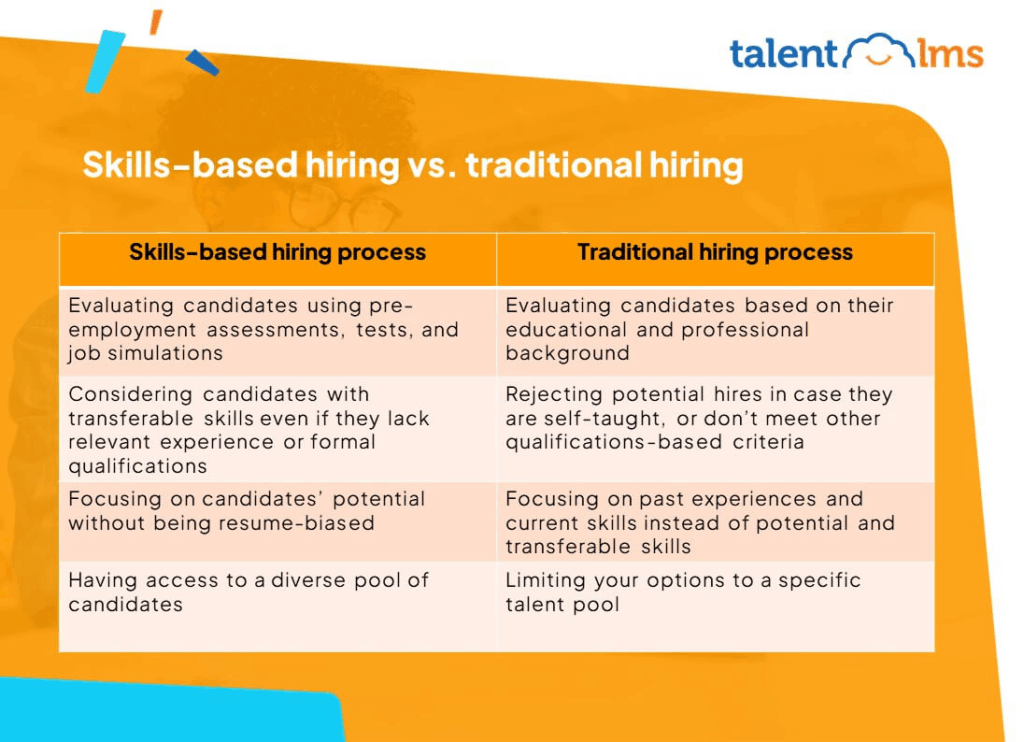
Comparison of skills-based hiring versus traditional hiring processes, highlighting the benefits of skills assessments and diverse candidate consideration.
The Shift from Credentials to Competencies
Skills-based hiring represents a fundamental transformation in recruitment philosophy, prioritizing actual capabilities over formal qualifications. 76% of companies adopting skills-based hiring believe it has improved hire quality, while 91% of hiring managers agree that skills-hired candidates perform better than those hired based on degrees alone.
Major corporations like Google, IBM, and Unilever have embraced this approach, with IBM removing degree requirements for nearly half of its job openings and using AI to assess coding skills, problem-solving abilities, and digital literacy.
AI’s Role in Skills Assessment
AI talent acquisition platforms excel at evaluating candidate competencies through adaptive assessments that dynamically adjust difficulty based on responses. These systems can conduct simulation-based tests, coding challenges, and soft-skill evaluations through AI-analyzed video interviews.
Skills-first recruitment combined with AI enables organizations to identify candidates with transferable skills who might be overlooked by traditional hiring methods, expanding talent pools and improving diversity outcomes.
Leading AI Recruitment Tools for 2025
The AI recruitment software market offers diverse solutions tailored to different organizational needs and budgets. Enterprise-level platforms like HireVue and Phenom provide comprehensive AI-powered video interviewing and talent experience management, while cost-effective solutions like Manatal and Zoho Recruit serve small to medium-sized businesses with essential AI functionality.
Conversational AI leaders such as Paradox (Olivia) excel in high-volume recruitment scenarios, particularly in retail and service industries, while specialized tools like Textio focus on eliminating bias in job descriptions through AI-powered content optimization.
Implementation Best Practices
Strategic Planning and Objective Setting
Successful AI recruitment implementation requires clear objective definition and strategic alignment. Organizations should identify specific challenges—such as reducing time-to-hire, improving candidate matching, or enhancing diversity—and establish measurable targets for AI system performance.
Data Quality and Bias Mitigation
AI recruiting success depends on high-quality, diverse training datasets. Companies must ensure clean, comprehensive, and unbiased data to prevent AI systems from reinforcing historical inequities. Regular bias audits and diverse data representation are essential for fair hiring outcomes.
Human-AI Collaboration
The most effective AI recruitment strategies maintain human oversight for critical decisions while leveraging automation for data-intensive tasks. 56.8% of organizations report their optimal approach involves leaving final candidate decisions to humans while using AI as a supportive tool.
Future Trends and Predictions
Agentic AI and Autonomous Recruitment
2025 marks the emergence of agentic AI in recruitment, where systems not only provide recommendations but autonomously execute tasks like posting jobs, sourcing candidates, and scheduling interviews. This evolution from reactive to proactive AI represents a significant advancement in recruitment automation.
Increased Regulatory Scrutiny
AI in hiring faces growing regulatory attention, with New York City, Maryland, and Illinois enacting legislation regulating AI use in screening and interviewing. Organizations must stay informed about evolving compliance requirements and maintain transparent AI practices.
Integration with Broader HR Technology
Future AI recruitment platforms will integrate more seamlessly with Learning Management Systems (LMS), payroll solutions, and employee engagement platforms, creating comprehensive talent management ecosystems that support the entire employee lifecycle.
Conclusion: Embracing the AI-Powered Future of Recruitment
The transformation of recruitment through artificial intelligence is not a distant possibility—it’s happening now. As we advance through 2025, organizations that strategically implement AI recruiting tools while maintaining ethical standards and human-centered approaches will gain significant competitive advantages in talent acquisition.
The key to success lies in viewing AI in recruitment as an augmentation of human capabilities rather than a replacement. By combining the efficiency and analytical power of artificial intelligence with the empathy, creativity, and strategic thinking of human recruiters, organizations can create hiring processes that are faster, fairer, and more effective than ever before.
Success in the AI recruitment era requires continuous learning, ethical vigilance, and a commitment to candidate experience. As the technology continues evolving, organizations must remain adaptable while never losing sight of the human element that makes great hiring possible. The future of recruitment is here—and it’s powered by the intelligent collaboration between human expertise and artificial intelligence.

